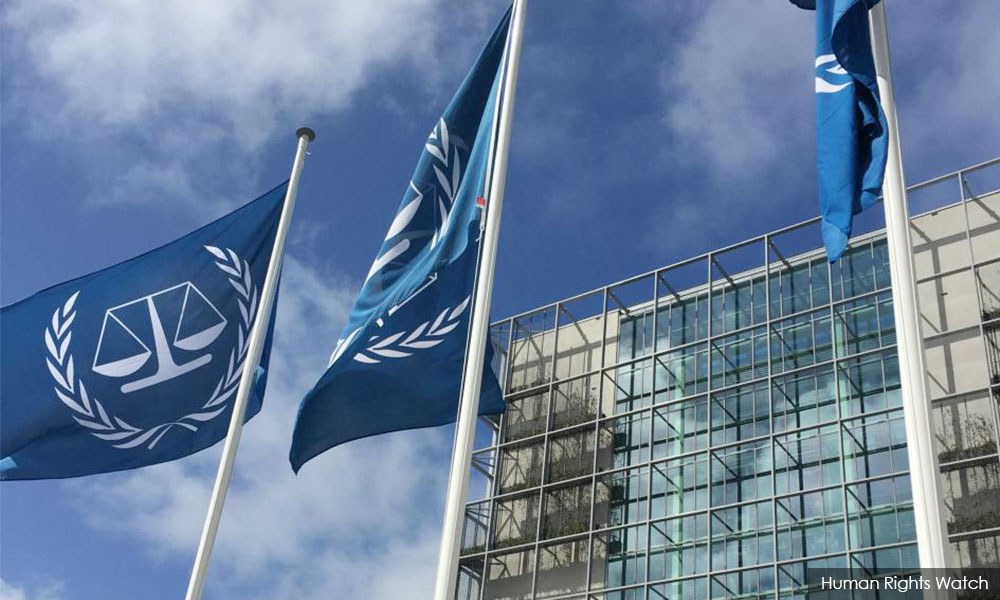
Recently, a law professor was reported as saying that Malaysia never has any crimes of genocide or crimes against humanity.
As it is merely an assertion without any argument, the validity could not be established. However, for the sake of an 'academic' argument, we may explore this theme further.
The immediate question is what genocide is. What comes to mind to most people is huge numbers of human corpses with deaths numbering hundreds of thousands if not millions.
For instance, in the Holocaust, over six millions of Jews were killed; two million in the Cambodian Khmer Rouge genocide; 800,000 in the Rwanda genocide.
However, 7,000 Muslims were killed by the Serbs in Srebrenica, which is also called a genocide. So, Is there a cutoff figure to classify an episode as genocide?
Let’s look at the United Nations Convention on the Prevention and Punishment of the Crime of Genocide. Its definition of genocide never mentions any numbers of victims as criteria for classification.
However, it does state that “physical destruction in whole or in part” is to be considered. Even then, no numbers or percentages of population are given to how many are being considered as “whole” or “in part”.
Hence, it is an open question whether a mass killing of 200 or 1,000 persons can be considered genocide. It could well be classified as a mini-genocide.
If the state could prepare itself to prevent small-scale genocides, then it is in the right direction to prevent larger ones.
There are definite and obvious merits of joining the Rome Statute of the International Criminal Court, say the moral standing to oppose and condemn genocidal states like Israel and Myanmar.
However, there is no necessity to wait for its ratification first to carry out the necessary institutional reforms to prevent and punish genocide.
Kofi Annan, the former UN secretary-general, once said that “a genocide begins with the killing of one man – not for what he has done, but for who he is... What begins with the failure to uphold the dignity of one life, all too often ends with a calamity for entire nations.”
It is a slippery rope to allow small-scale annihilation of minorities, be they the national, racial, religious, social or political groups.
Genocide is often associated with physical destruction. However, the intent to destroy is not limited to mass killings only.
It involves the destruction of the group as what is termed as a sociocultural entity or identity. Just killings by itself could not destroy a group. Its social power in economic, political and cultural domains must also be destroyed.
The understanding and prevention of genocide involves much more than the legal definition of genocide and ratification of Rome Statute. It is about confronting one of humanity’s greatest scourges. - Mkini



No comments:
Post a Comment
Note: Only a member of this blog may post a comment.